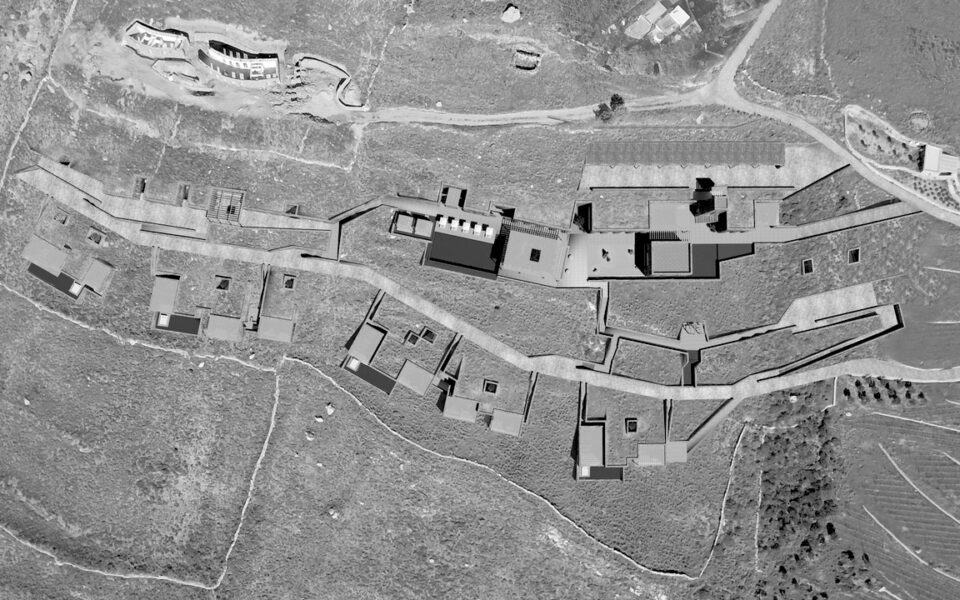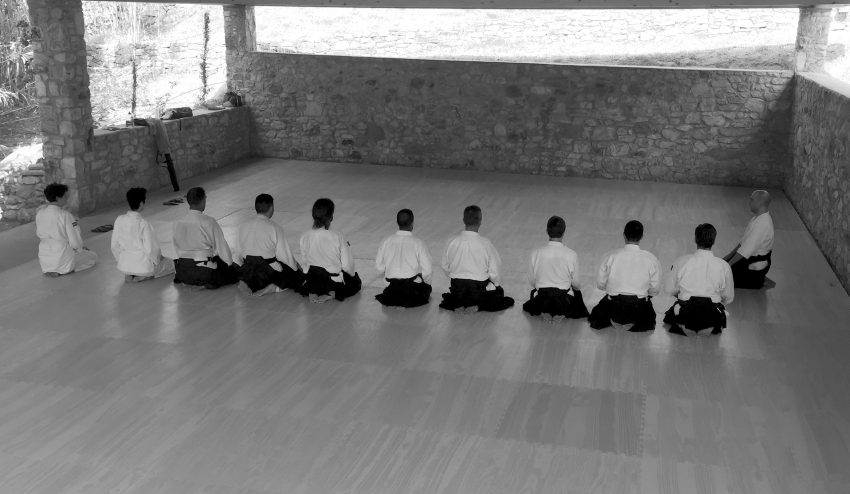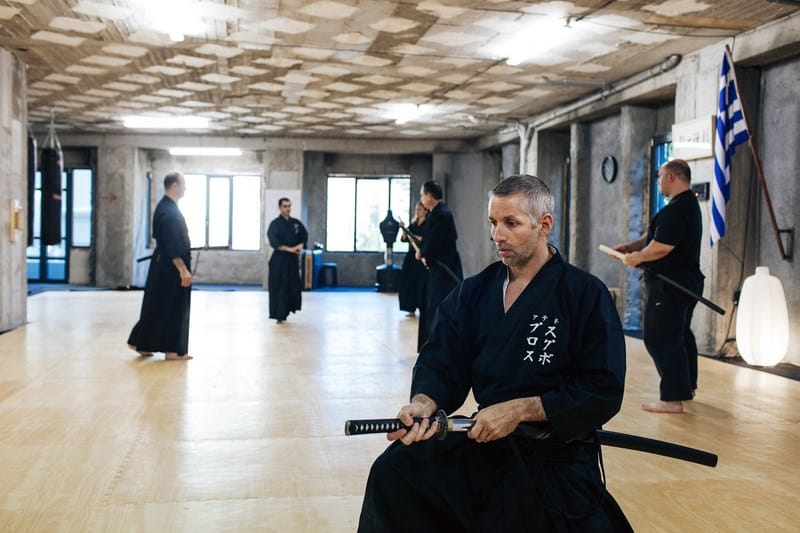In a pioneering endeavour, Konstantinos Sgoumpopoulos, a Zen abbot, shipping magnate, and real estate tycoon, is financing the construction of Greece's first Zen monastery and temple.
In an exclusive interview with Kathimerini, Sgoumpopoulos sheds light on the significance of establishing these spiritual sanctuaries, emphasising their role in perpetuating Zen teachings and practices in the country and the wider region.
The Zen monastery, nestled in the serene environs of Kalo Ampeli on Serifos Island, stands on the verge of completion, alongside the construction of a Zen temple situated in Athens' historic Kerameikos neighborhood, at 76 Agisilaou Street. With a vision rooted in sustainability and autonomy, Sgoumpopoulos underscores the importance of maintaining these structures as enduring bastions of Zen philosophy, drawing parallels with the revered monastic traditions of Japan.

Zen, originating circa 600 BC with the teachings of Buddha in India, transcends mere religious doctrine, embodying a profound practice that prioritises mindfulness and presence. Sgoumpopoulos, having embarked on biannual pilgrimages to Greece over the past two decades, underscores the significance of establishing a home for Zen akin to those found in its birthplace and spiritual epicentre, Japan.
The Zen enclave on Serifos Island, nearing completion, embodies the essence of self-sufficiency and ecological harmony, boasting ten monk cells alongside communal facilities. Sgoumpopoulos elucidates the daily rhythms of monastic life, characterised by predawn meditation, communal meals consumed in solemn silence, and rigorous yet mindful labour amid the island's natural splendour.

“A typical day for monks and long-term Zen practitioners begins at 4 a.m. At 4.20 a.m. the bell rings for zazen, or meditation, which is the basic practice of the Zen teachings and lasts until 5 a.m. Immediately after, the morning service begins, which includes chanting from the Buddhist sutras, some read on odd days and others on even days. From 6-6.45 a.m. the temple is cleaned, and from 7-7.30 a.m. it is time for breakfast, which includes something like rice porridge with roasted sesame seeds and salt to give it some flavour, as well as a pickle and a radish. Everything I have described so far is done in complete silence, except for when a sutra is chanted, expressing gratitude for the day’s food and explaining how it came to be, the effort it took to bring the food to the table. It is a way to understand what it means to be aware of reality. At each meal we are reminded in some way that we must produce what we have consumed, leaving a zero ecological footprint on the environment.
"After breakfast, there is a break from 7.30-8.20 a.m. The bell is then rung for the assembly of the monks and novices where work is assigned and conducted from that time until 11 a.m. In the monastery of Serifos, on kilometres of terraces and dry stone walls, almost everything that the inhabitants consume will be grown by the inhabitants. After the work is done and until 11.30 a.m., there will be a break for those who have participated in the work in the fields or elsewhere. Immediately after, it is time for lunch, which consists of a hearty meal that strengthens the monks: rice, soup, radish, and two substantial and tasty dishes. Again, all in silence.
“Everything in silence. That’s the way life is structured at a Zen monastery, so that whether you like it or not, you return to the now. When you weed, you have to become one with the weeds. You don’t engage your neighbour in light conversation. And it may seem naive and futile, but in Japan we may be pulling weeds out of the cracks of an endless stone wall, which, because there is so much moisture and so much rain there, you know that by the time you get to the end of it, the weeds will have grown back. So it’s a constant process of weeding that has no beginning and no end, no goal, at least seemingly,” Sgoumpopoulos explains.
Meanwhile, the Zen temple in Kerameikos heralds a new era of accessibility, offering daily Zen sessions and a diverse array of holistic activities, including yoga, martial arts, and monthly Zen Days. Sgoumpopoulos envisages the temple as a vibrant hub for spiritual exploration and communal engagement, transcending conventional boundaries of faith and ideology.
(Source: Kathimerini)


